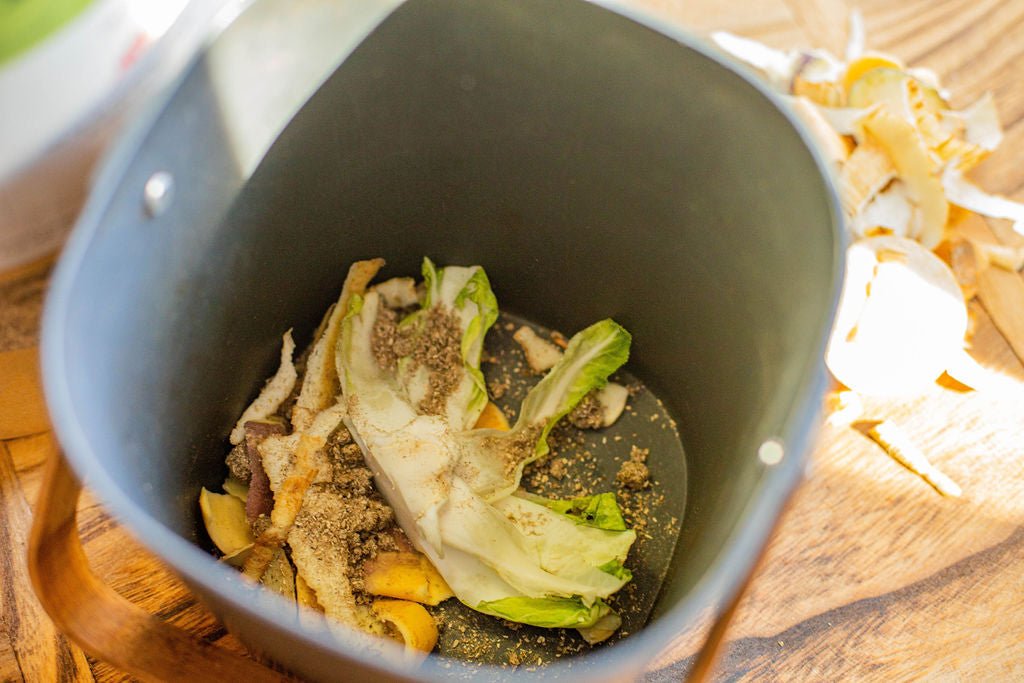
Probiotics for Plants, Soil + Compost
Ferment your food scraps with hemp + microbes and get nutrient rich compost in 2 weeks.
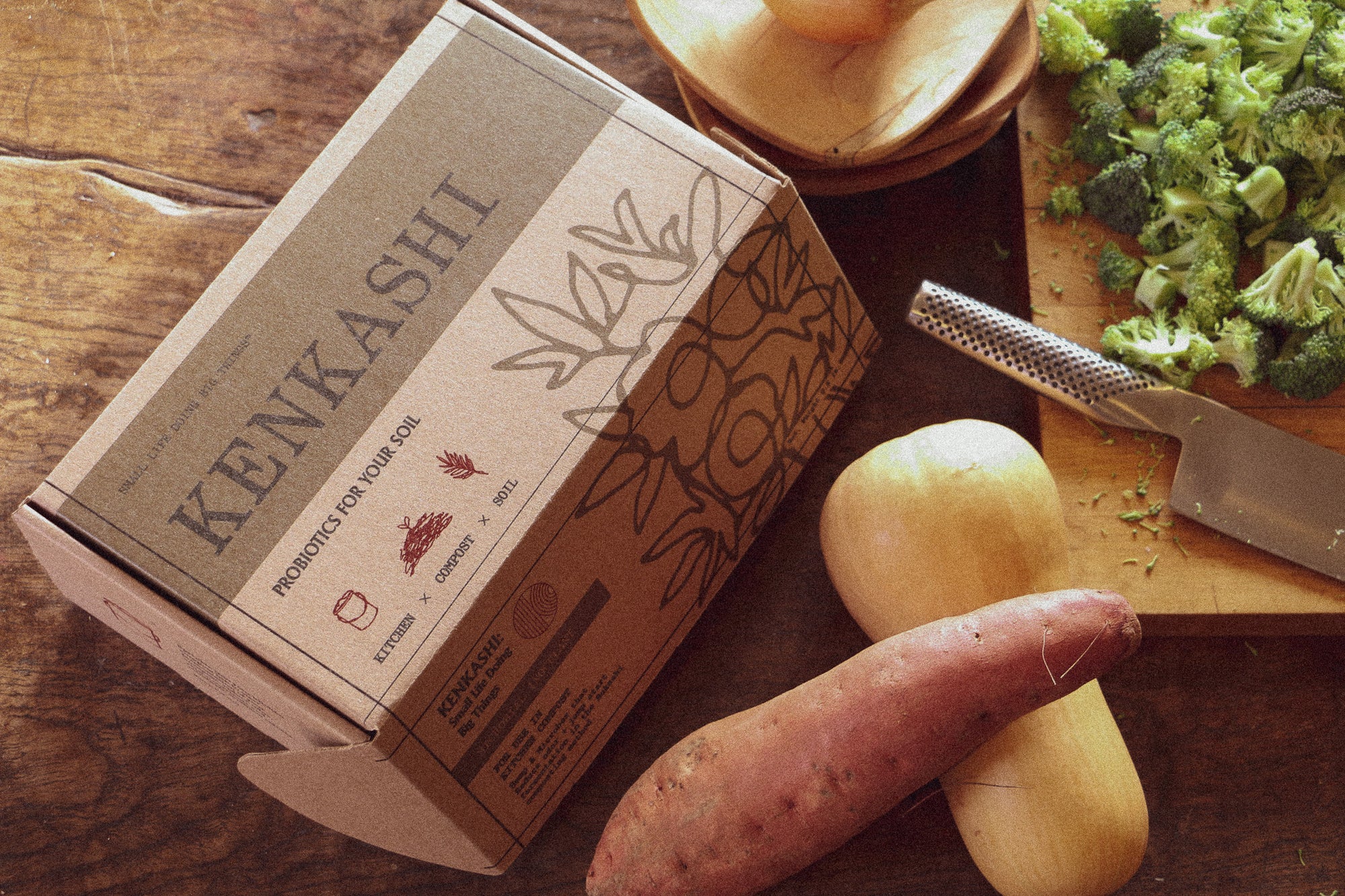
(Yep, even meat and cheese!)
When organic matter is mixed with microbes, the microbes begin to “eat” the organic matter, breaking it down into simpler compounds. This process creates lactic acid, ethanol, and other fermentation by-products, which help to preserve the food scraps and prevent them from rotting. Fermentation also means that harmful methane does not escape into the environment, and the compost is nitrogen rich, important for plant health.
The microbes literally eat the dead stuff and poop out the good stuff.
The time it takes to see results will vary depending on the specific conditions of your composting system and the type and amount of food scraps being fermented. As long as you use microbes consistently, you will start seeing results within a few weeks. Your plants will look healthier and fuller. Compost piles typically take longer, but breakdown time is cut in half with the application of microbes.
Microbes work best in conjunction with regenerative gardening and farming approaches. Chemical pesticides and fertilizers are not recommended as they effect the health and viability of microbial life, and it is advised to replace chemical approaches with microbial amendments when possible.
Our products last up to a year when kept in the right conditions; it is best to keep the liquid microbes out of direct sun and in a cool environment, like a garage or shed.
Kenkashi can be used as a compost accelerant for traditional composting. It can be mixed with food scraps and yard waste to help break down faster and product nutrient rich compost in a shorter period of time.
Definitely! Bokashi is faster than traditional aerobic composting. This means it can produce nutrient-rich bokashi in a shorter period of time, which is beneficial for people who live in cities where space is limited.
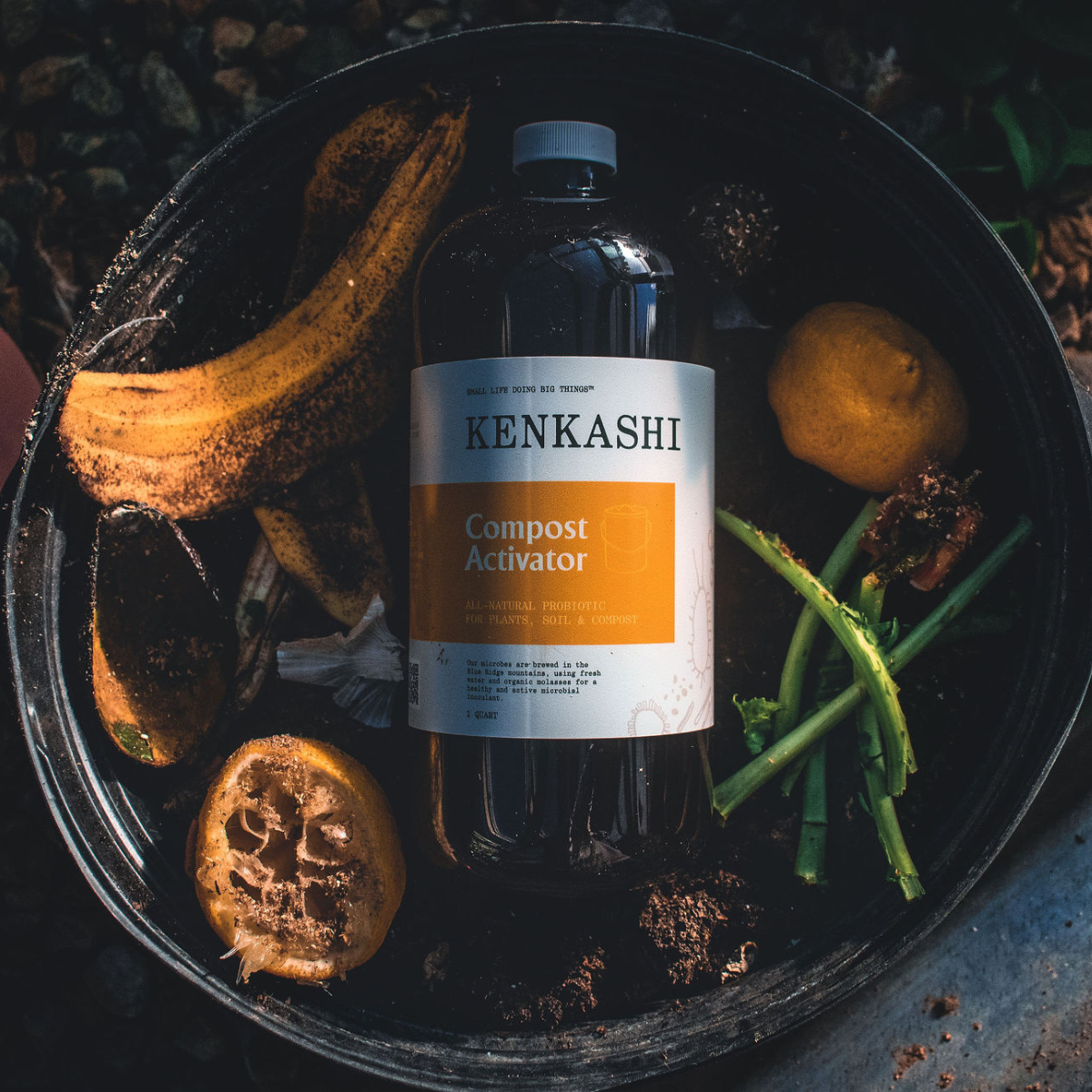
Apply microbes to kitchen waste or your compost pile to stimulate breakdown of organic matter. Microbes speed up traditional compost piles considerably!
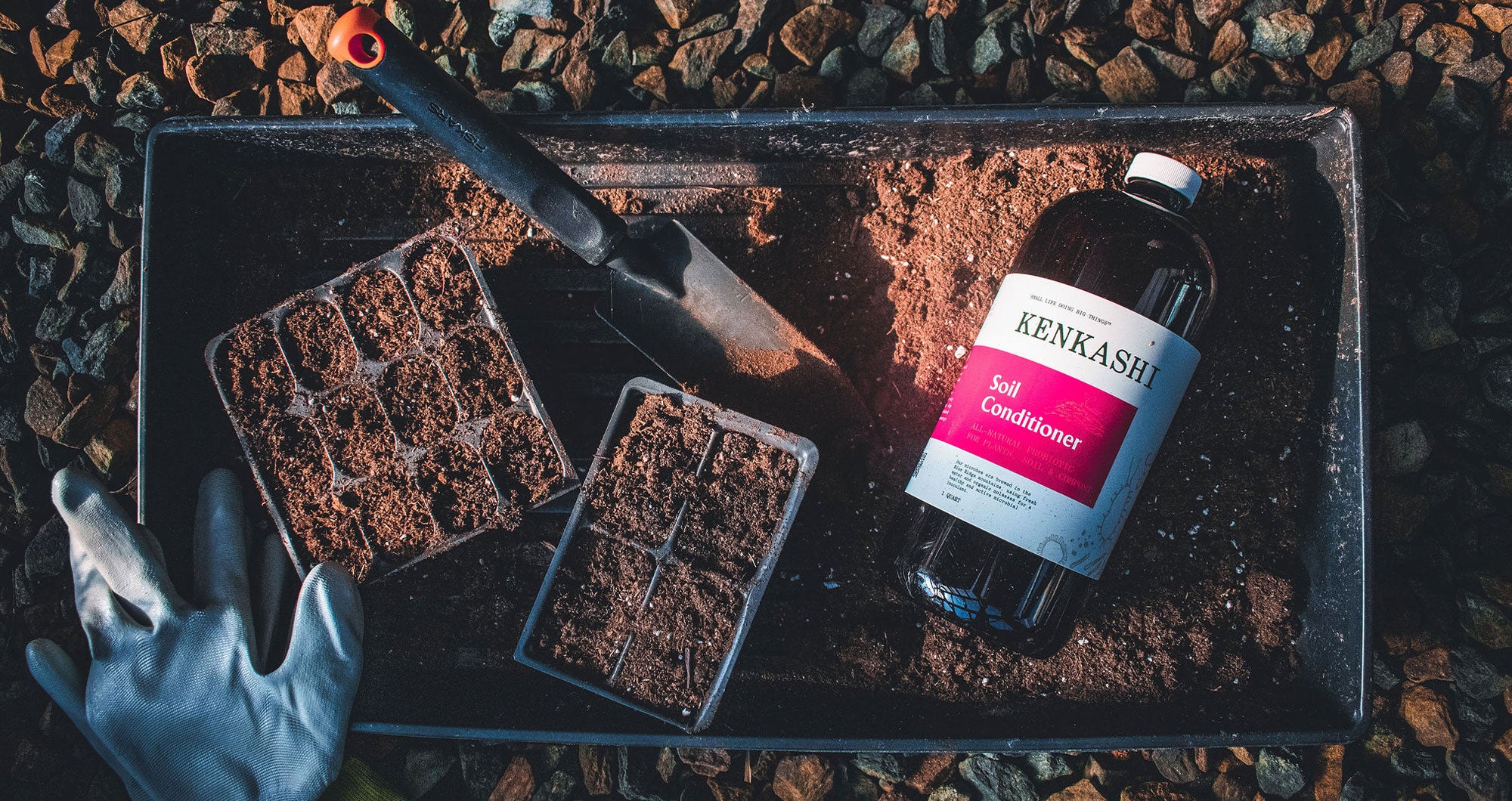
Perfect for small gardens, houseplants & greenhouses. Boost microbe activity and support the biodiversity of your soil See the useful ways microbes can support your home gardens.
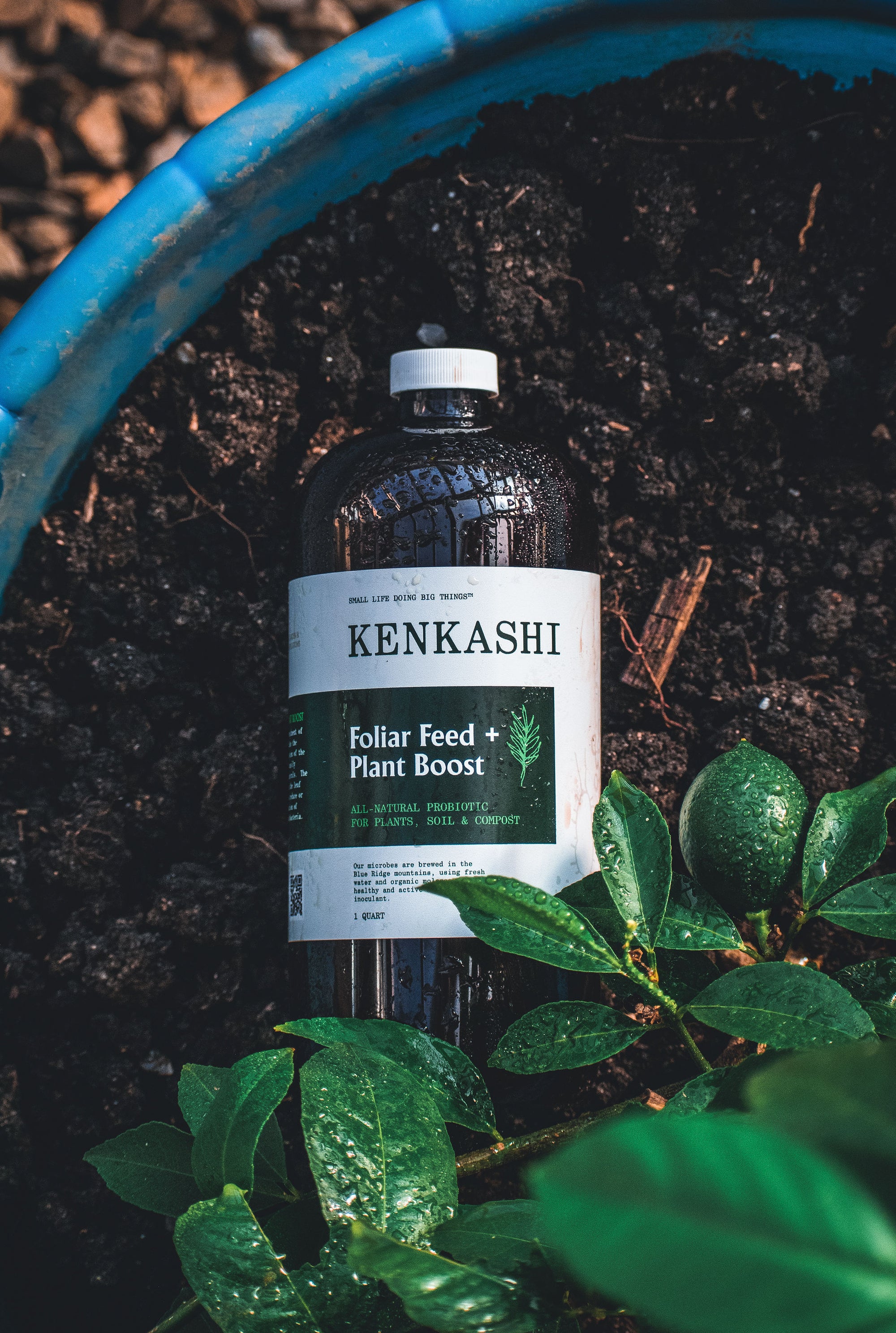
Add to potting soil when starting seeds, spray directly on leaves indoors and out- supports the breakdown and absorption of nutrients in a range of substrates. Microbes help boost plant immunity and resiliency.
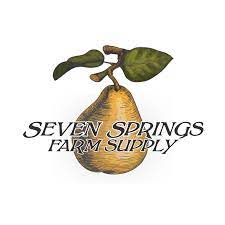



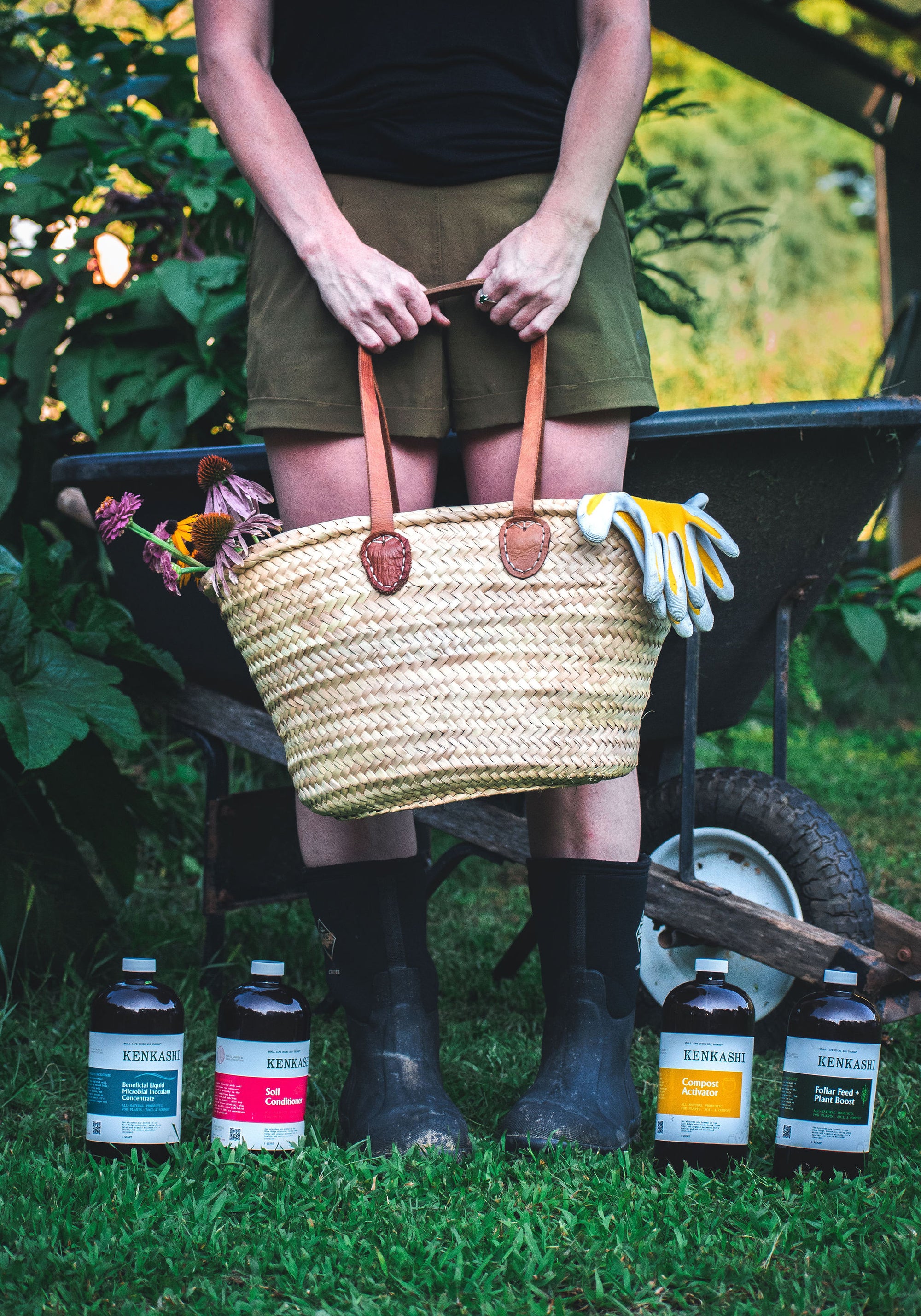
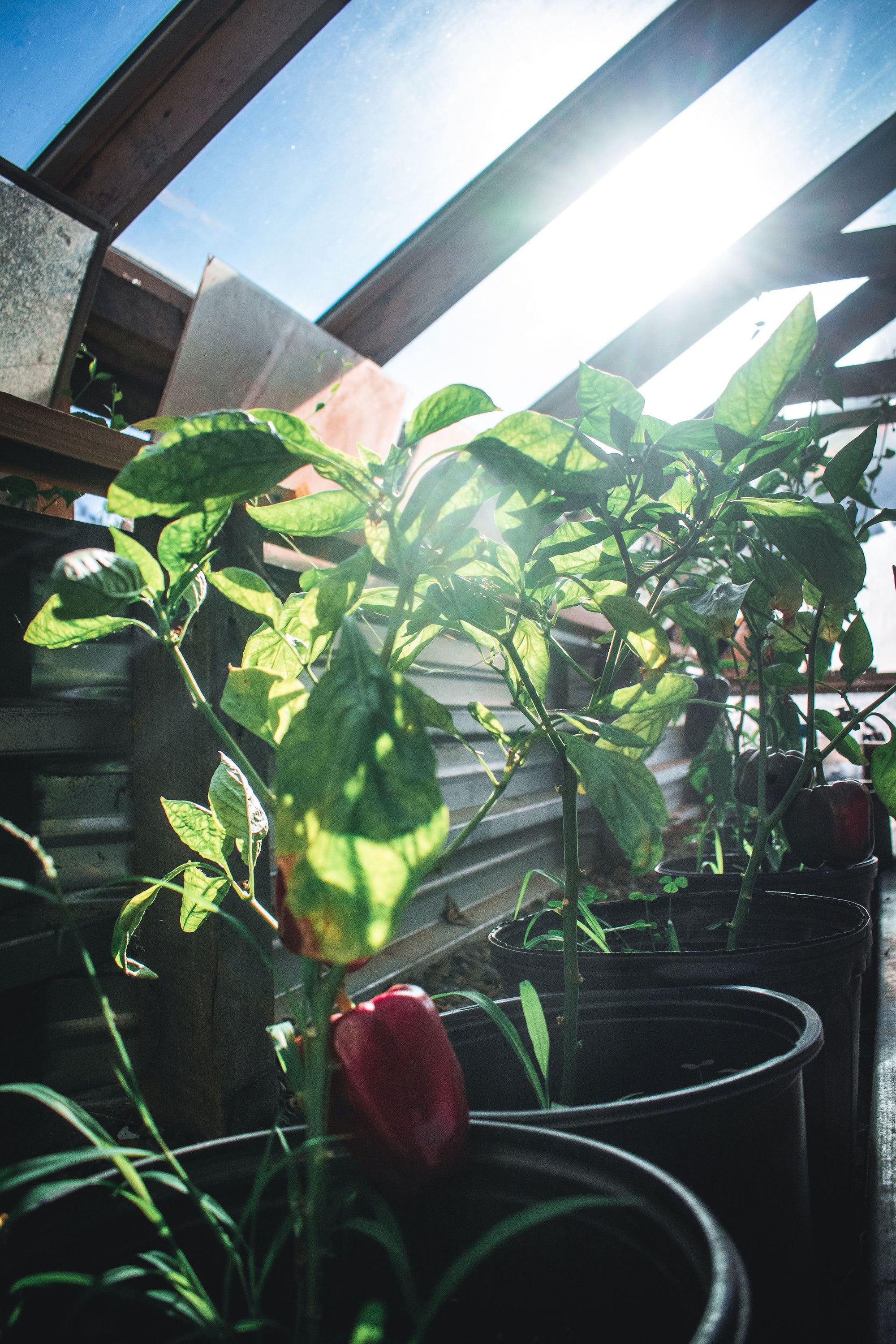
Healthy soil is the backbone to a healthy planet. Encouraging soil diversity creates a balanced soil environment. This in turn leads to strong and healthy plants, robust flowers, an increase in bug, bird and mammal life, and planetary well being!
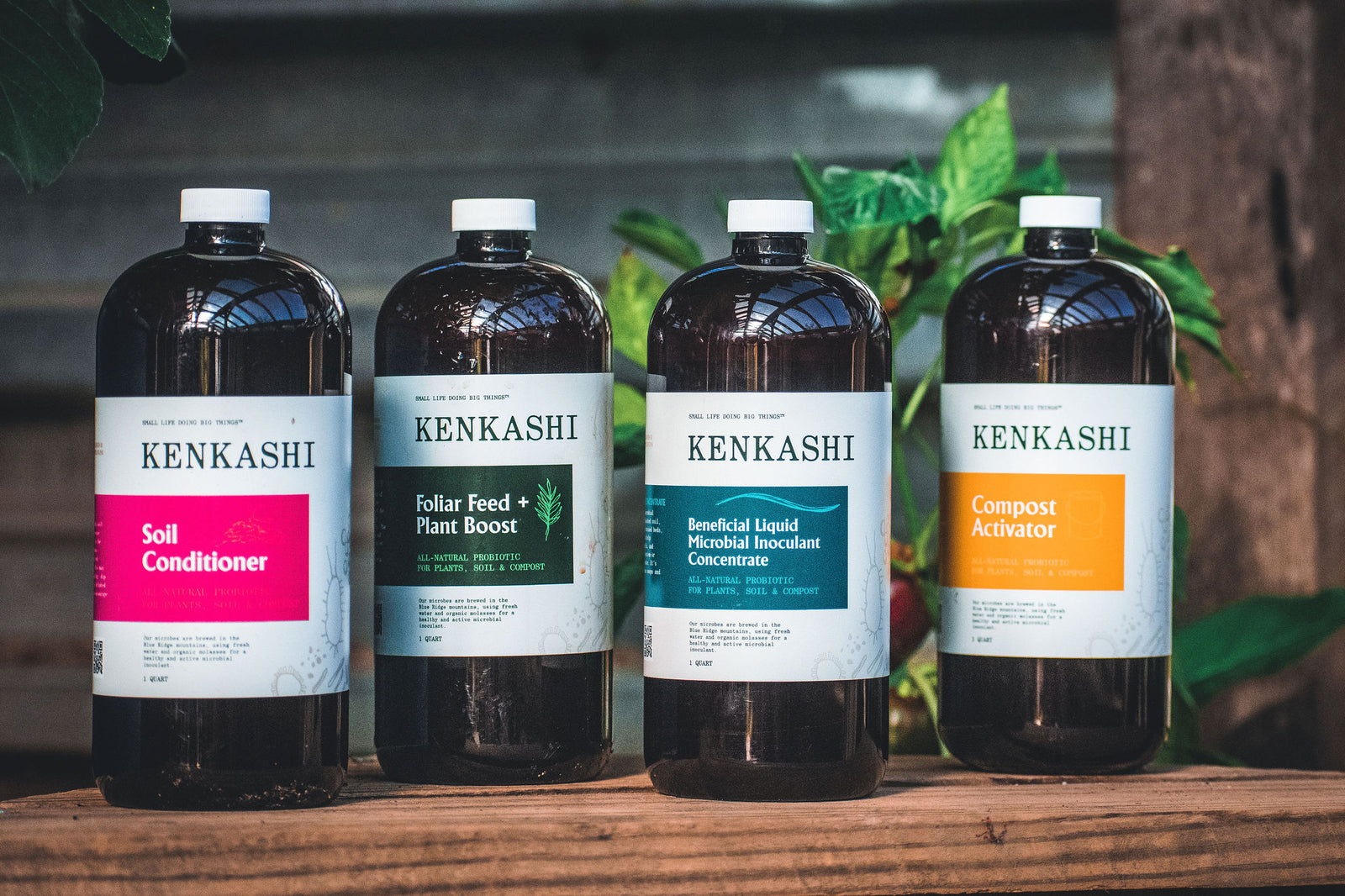
WHOLESALE
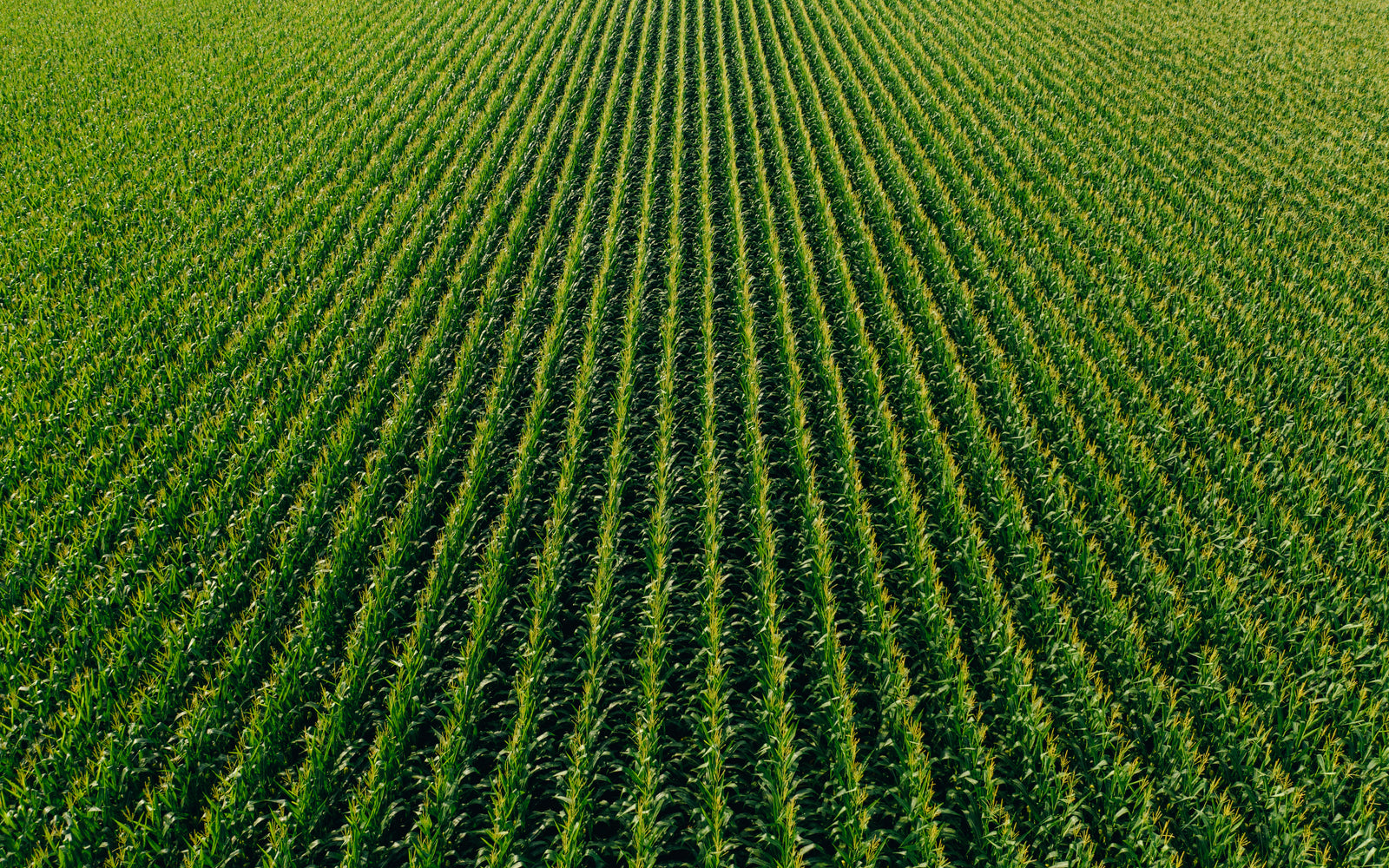
LARGE SCALE USE
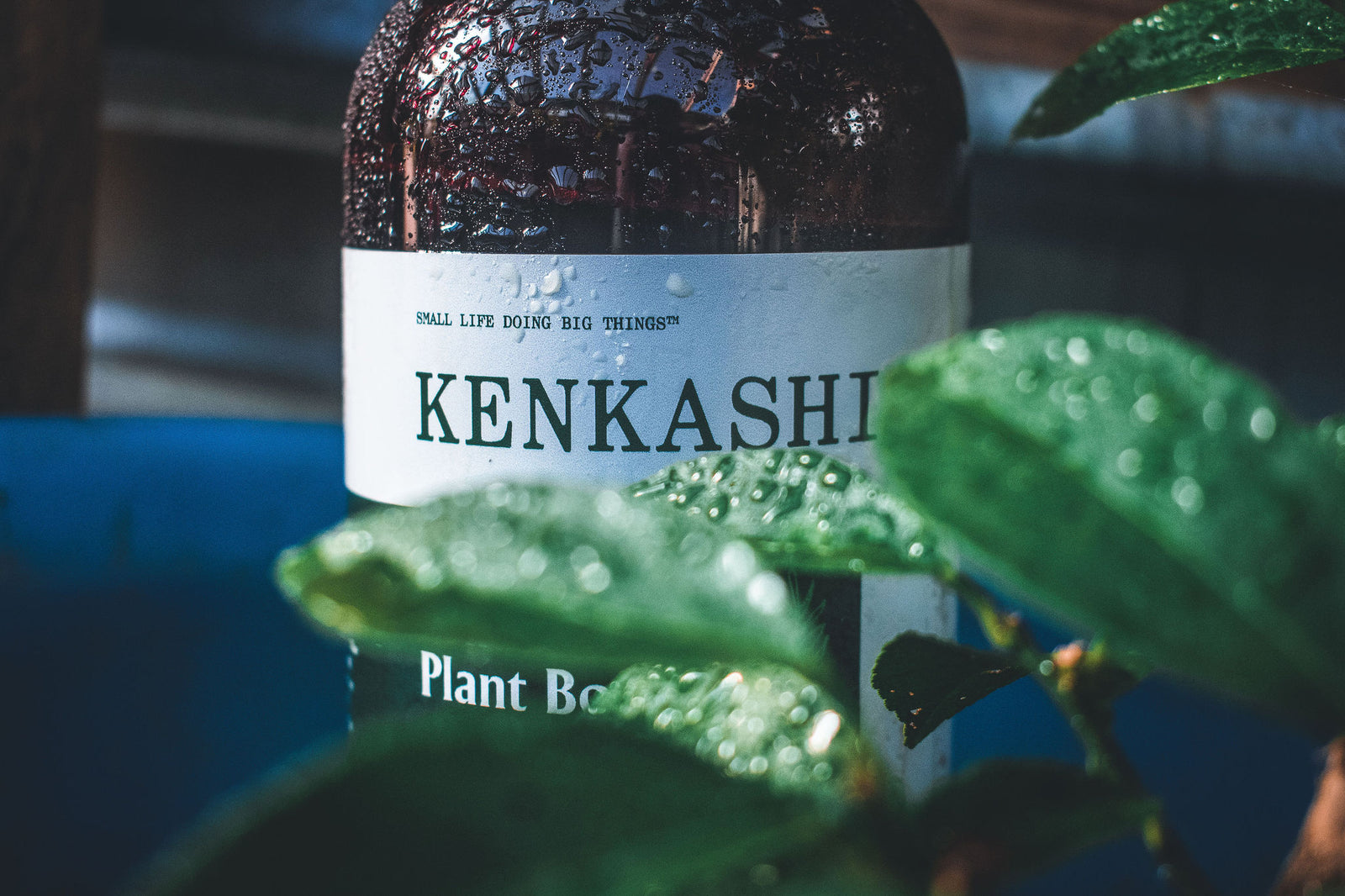
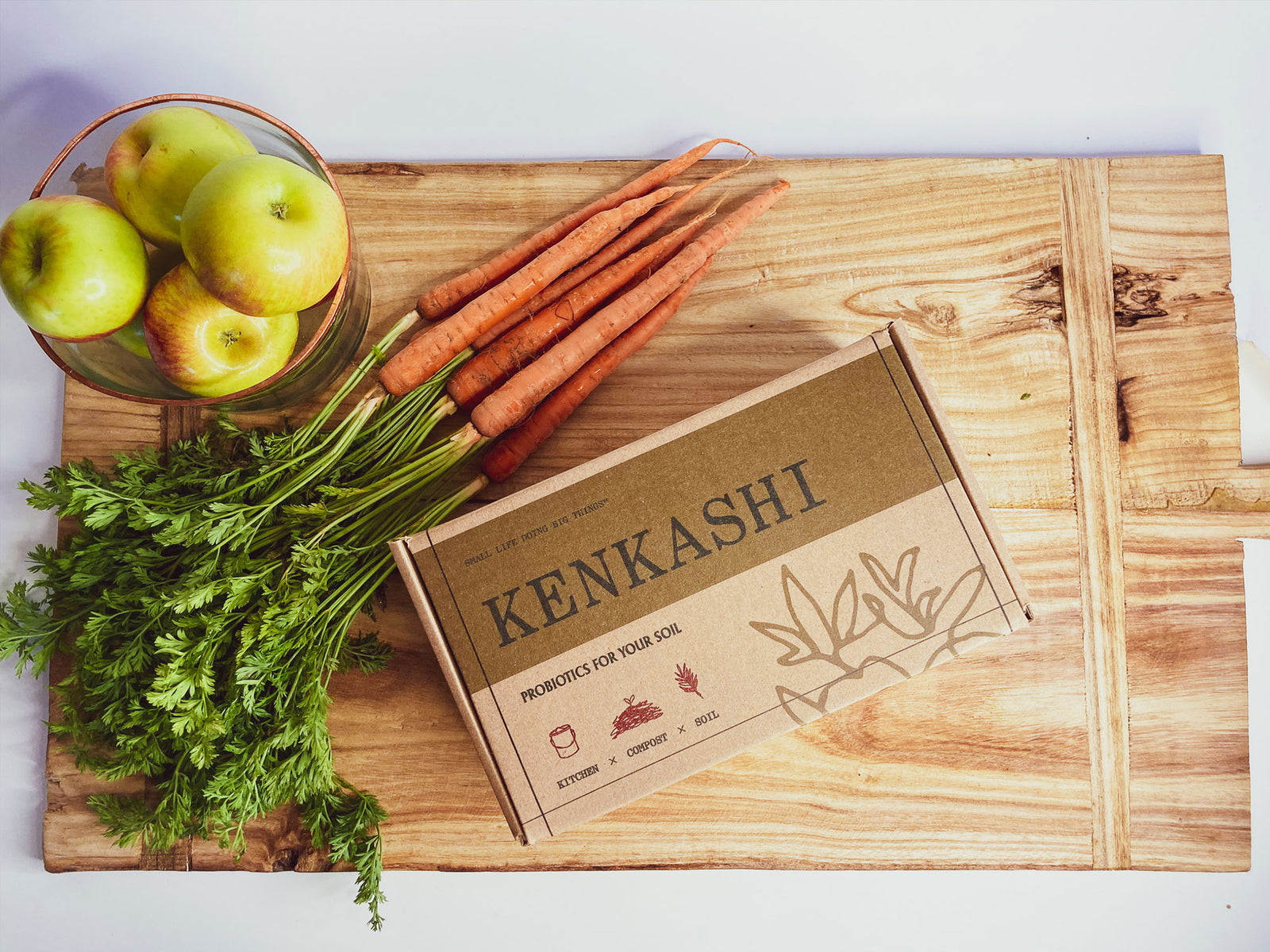
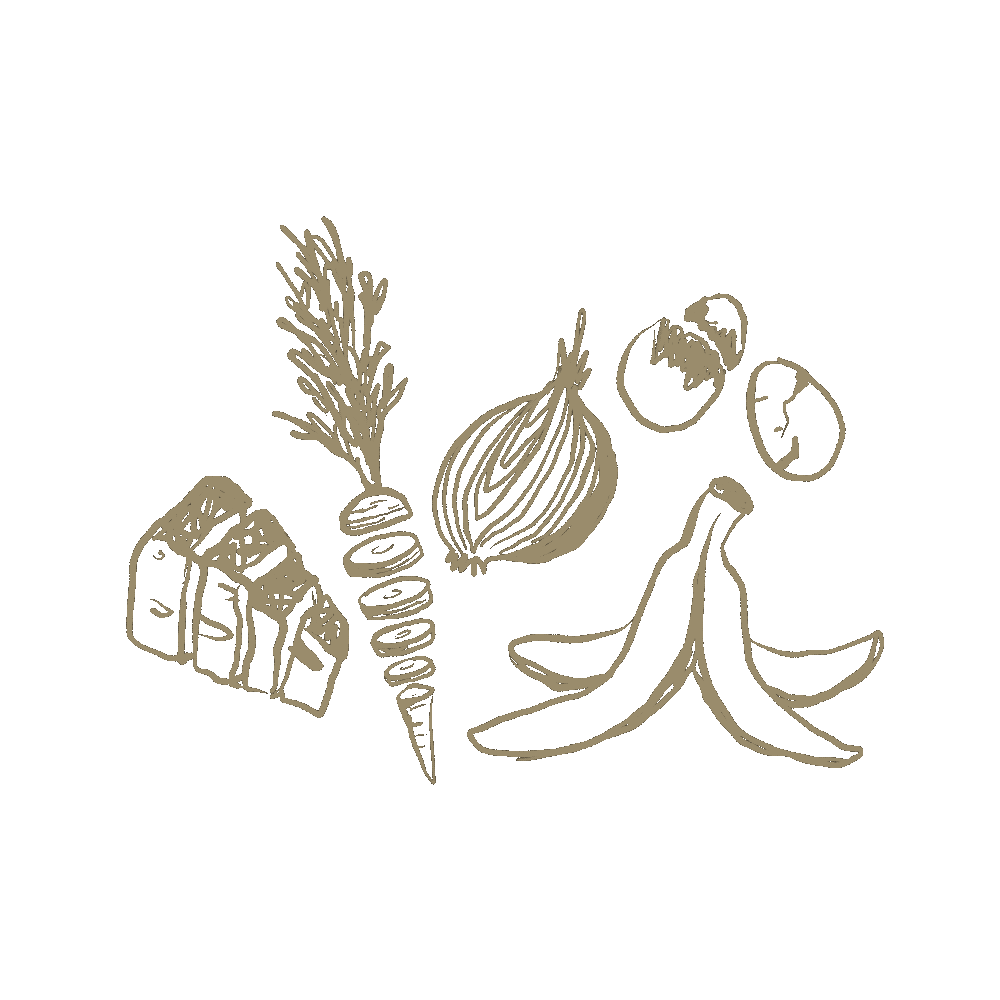
Food waste in landfills is a huge contributor of harmful greenhouse gasses. An estimated 20% of all methane released into our atmosphere is caused by food rot.
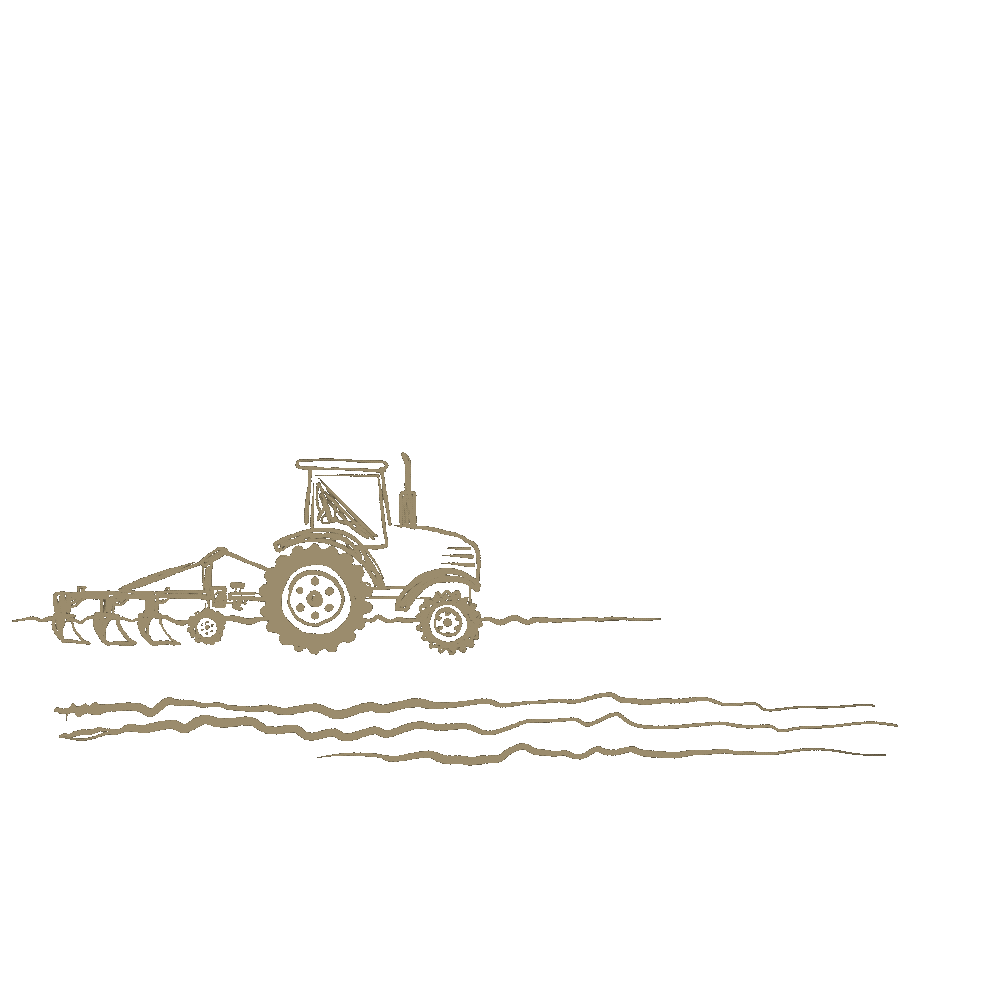
Poor treatment of soil, like chemical fertilizers or harsh agricultural practices leads to decreased crop yields, increased erosion and an overall decrease in the ability of the soil to support life.

So many communities lack access to healthy, nutrient dense food due to poor treatment of the soil, urban sprawl and climate change - which can ultimately lead to poor health outcomes and a lack of food security.
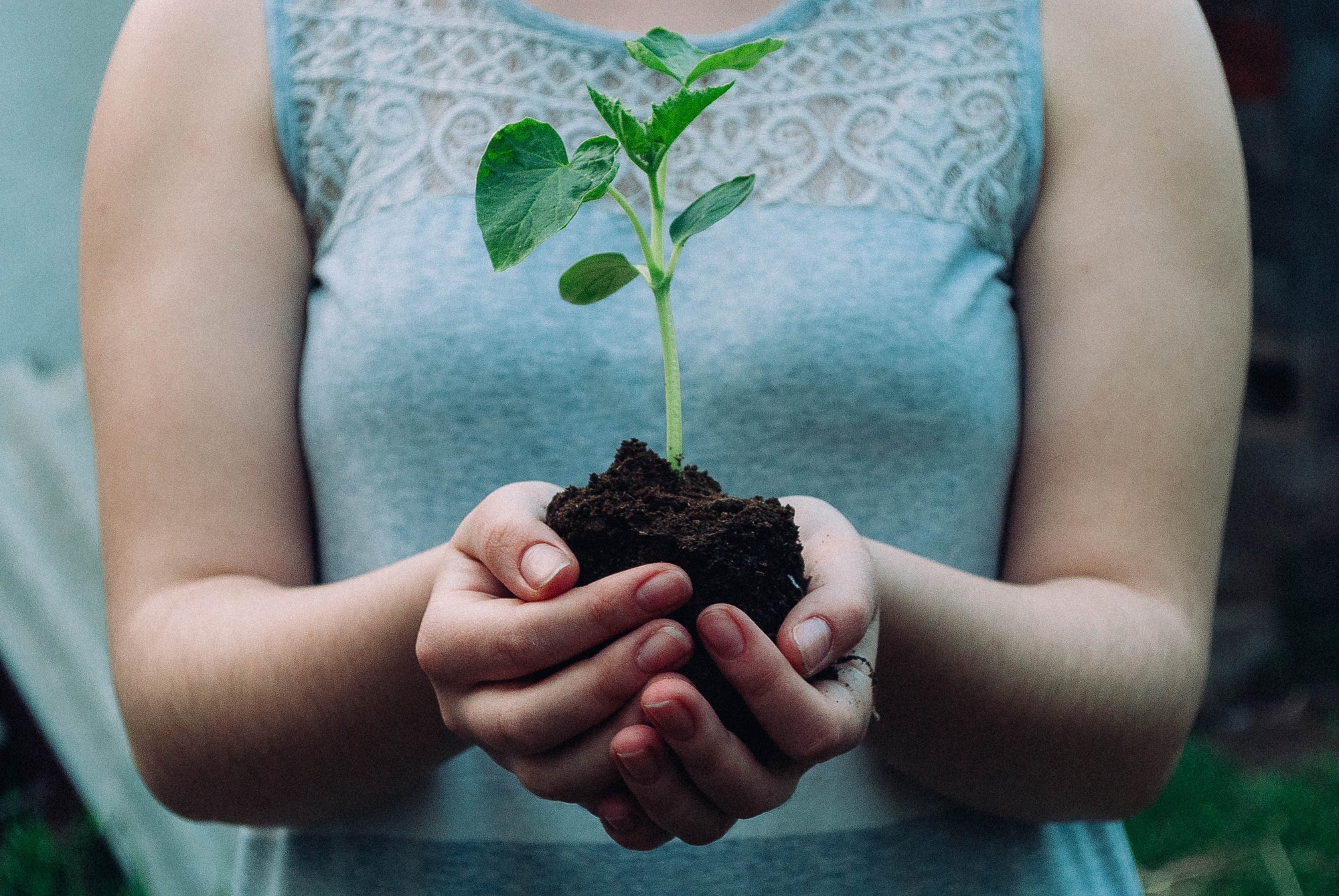
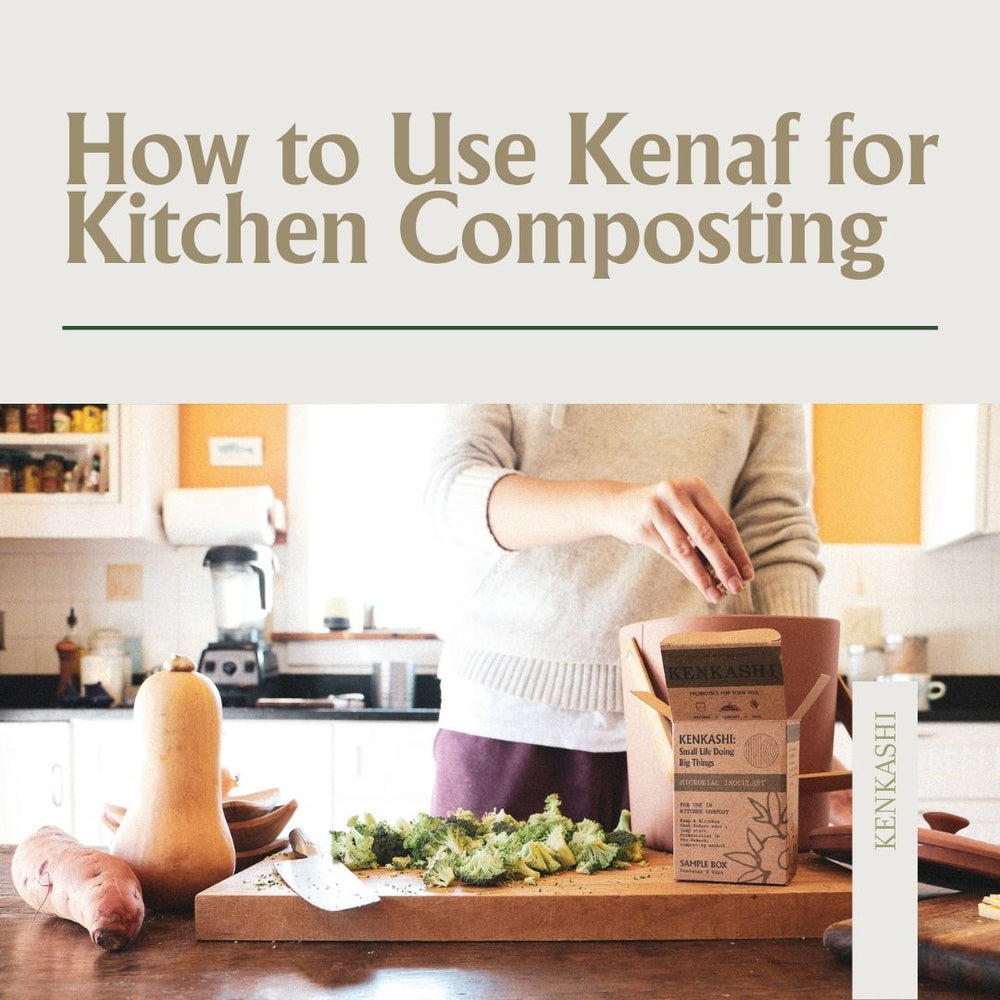
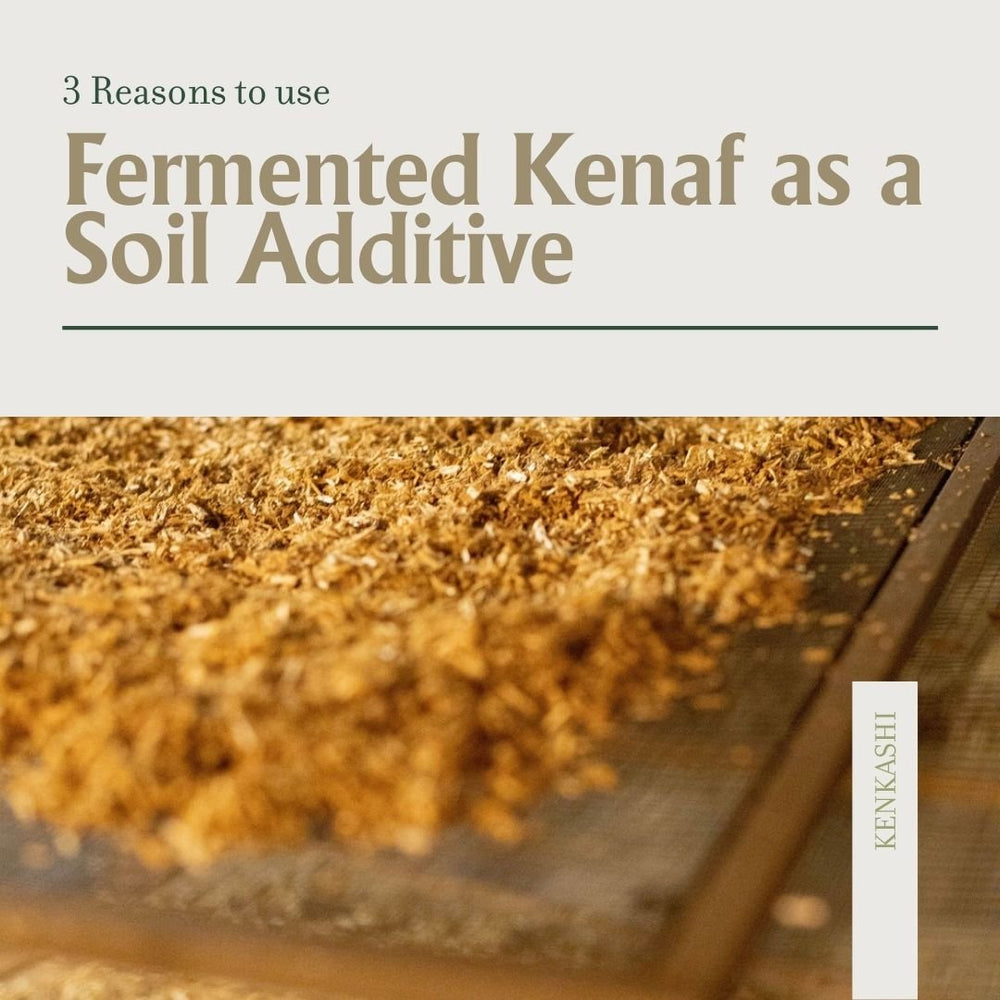
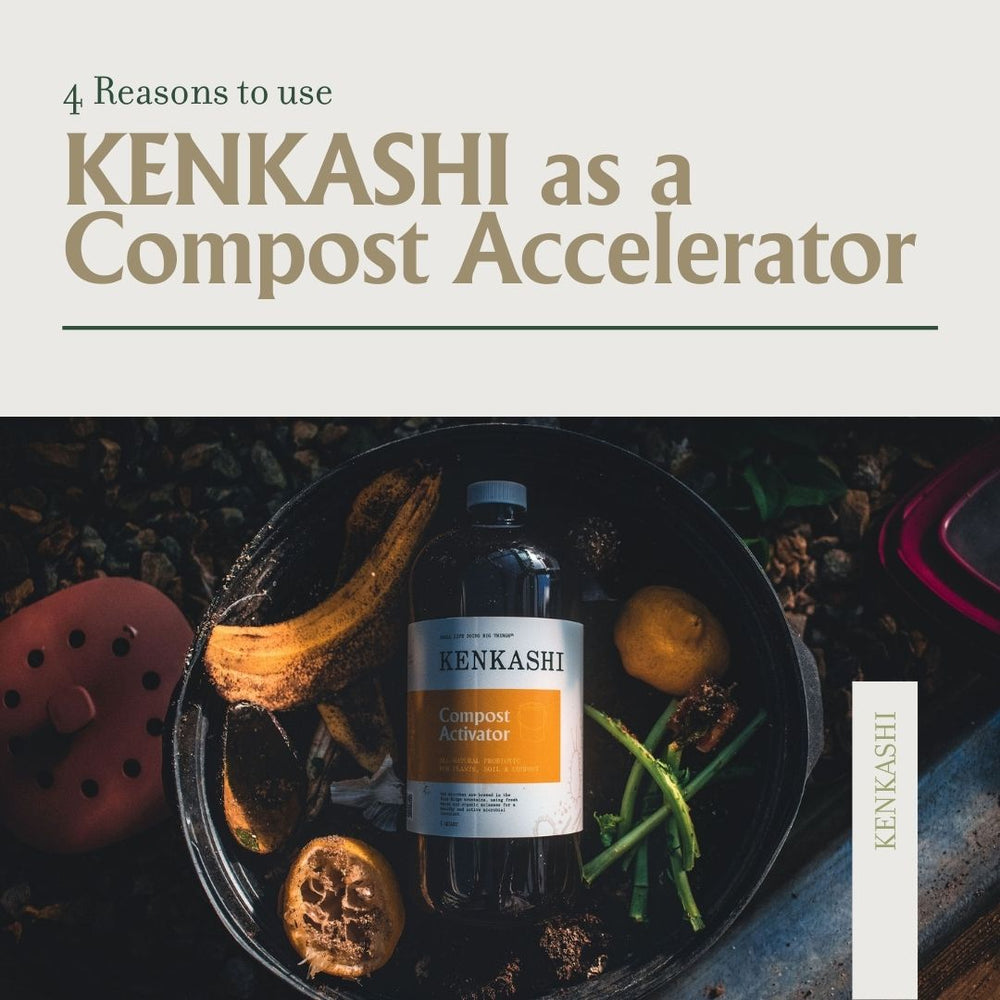
Your cart is currently empty.